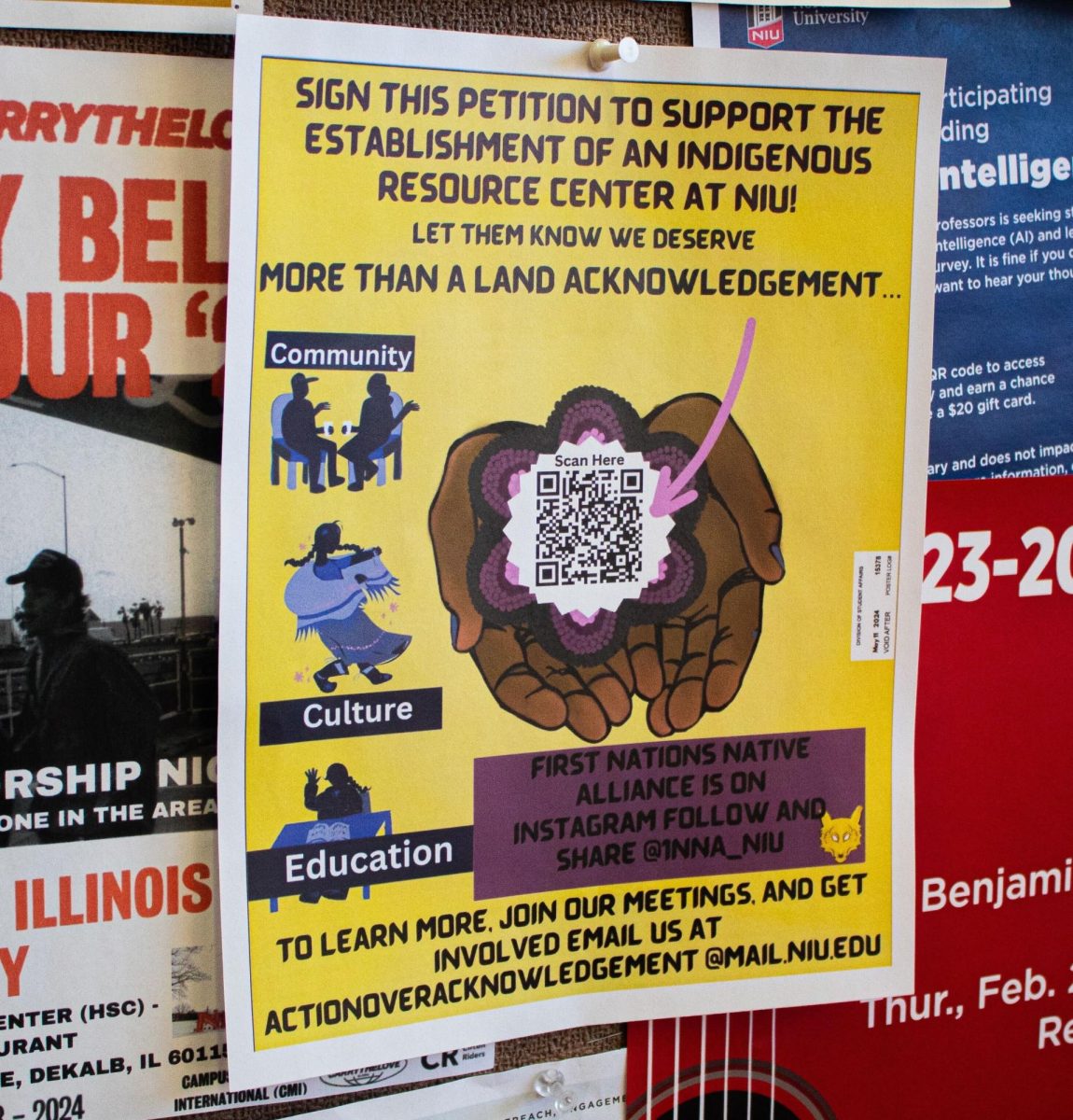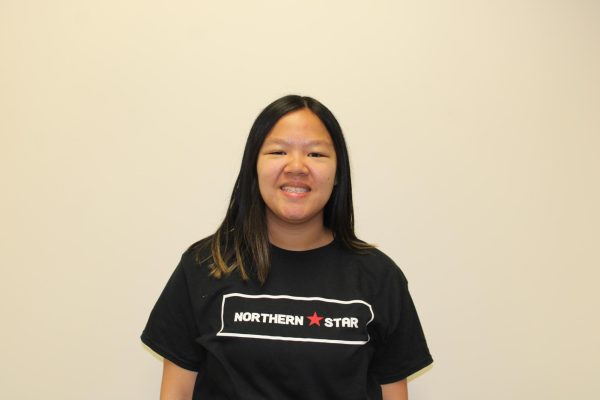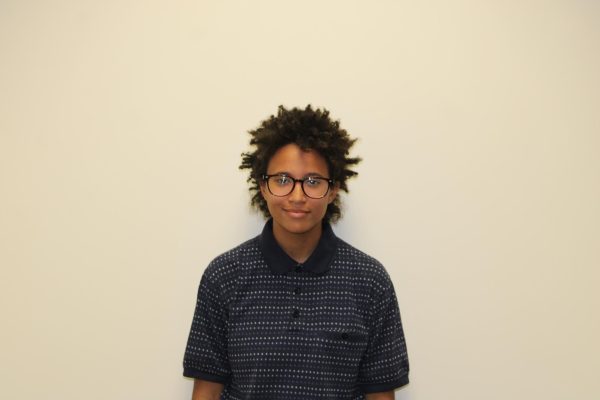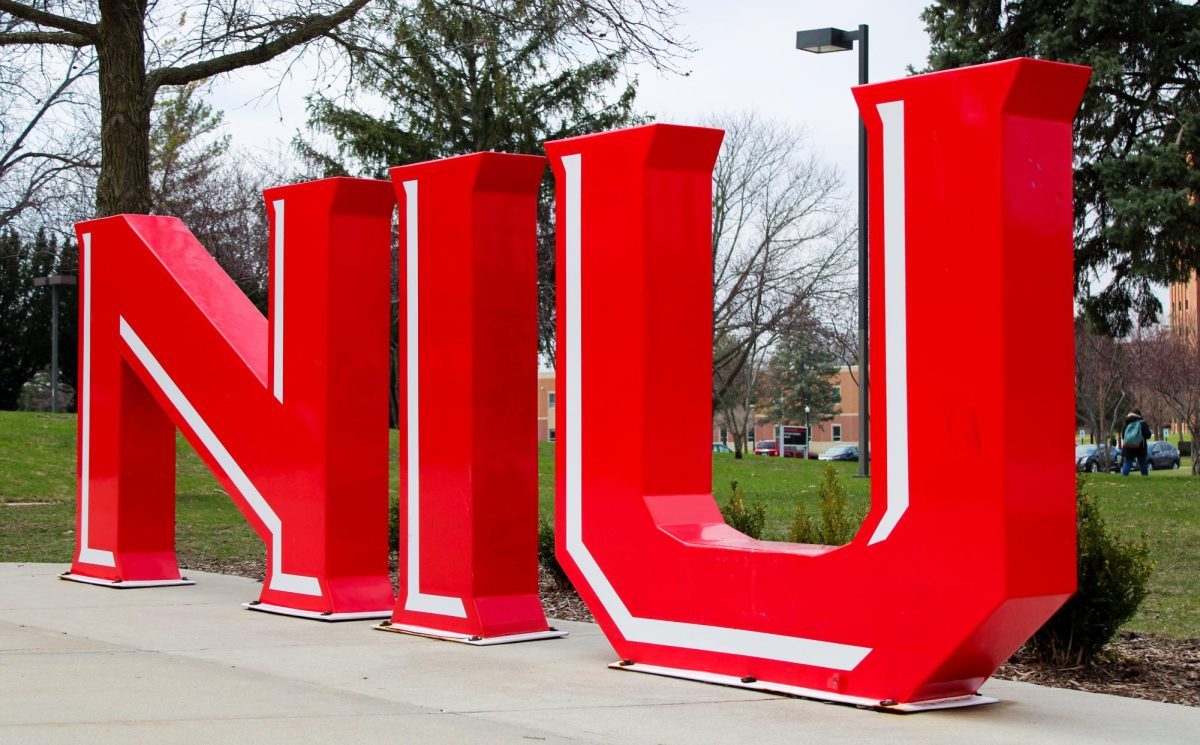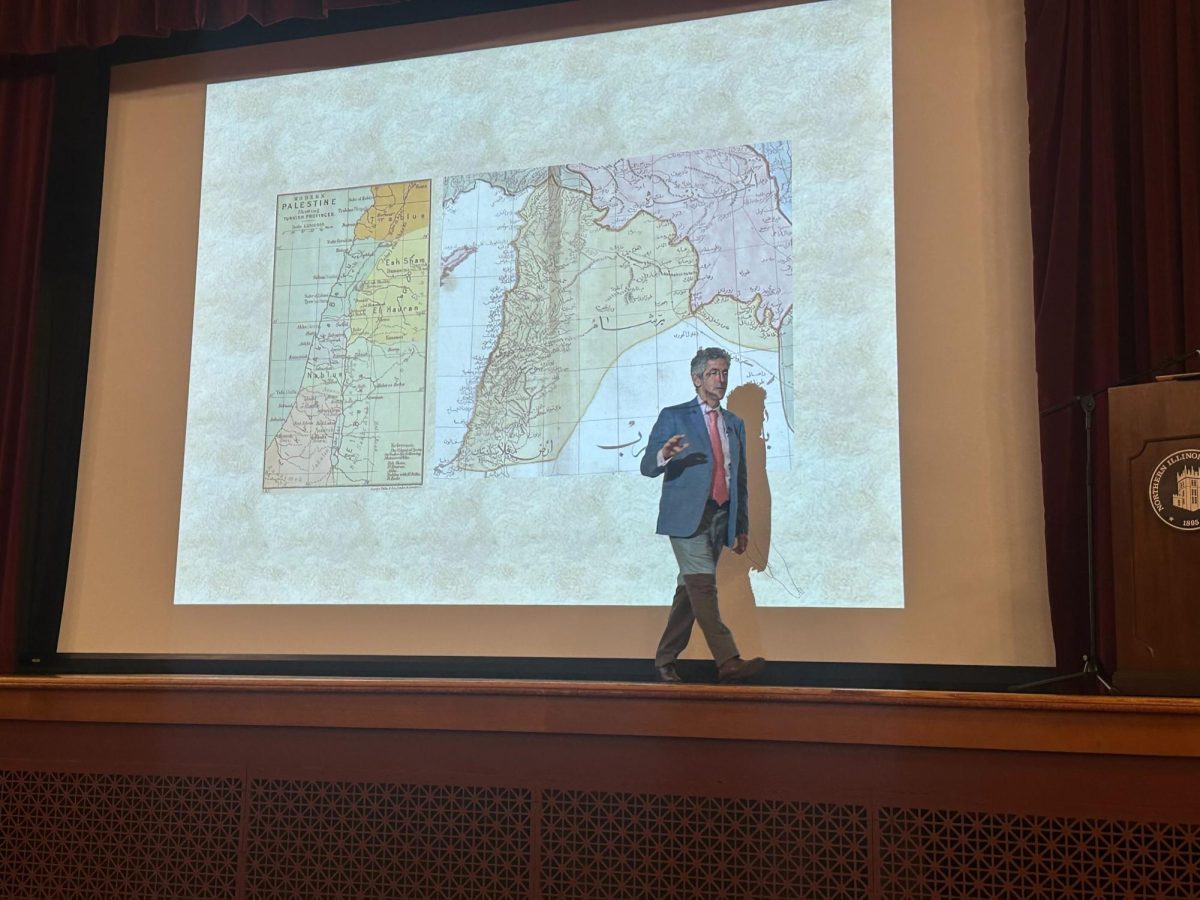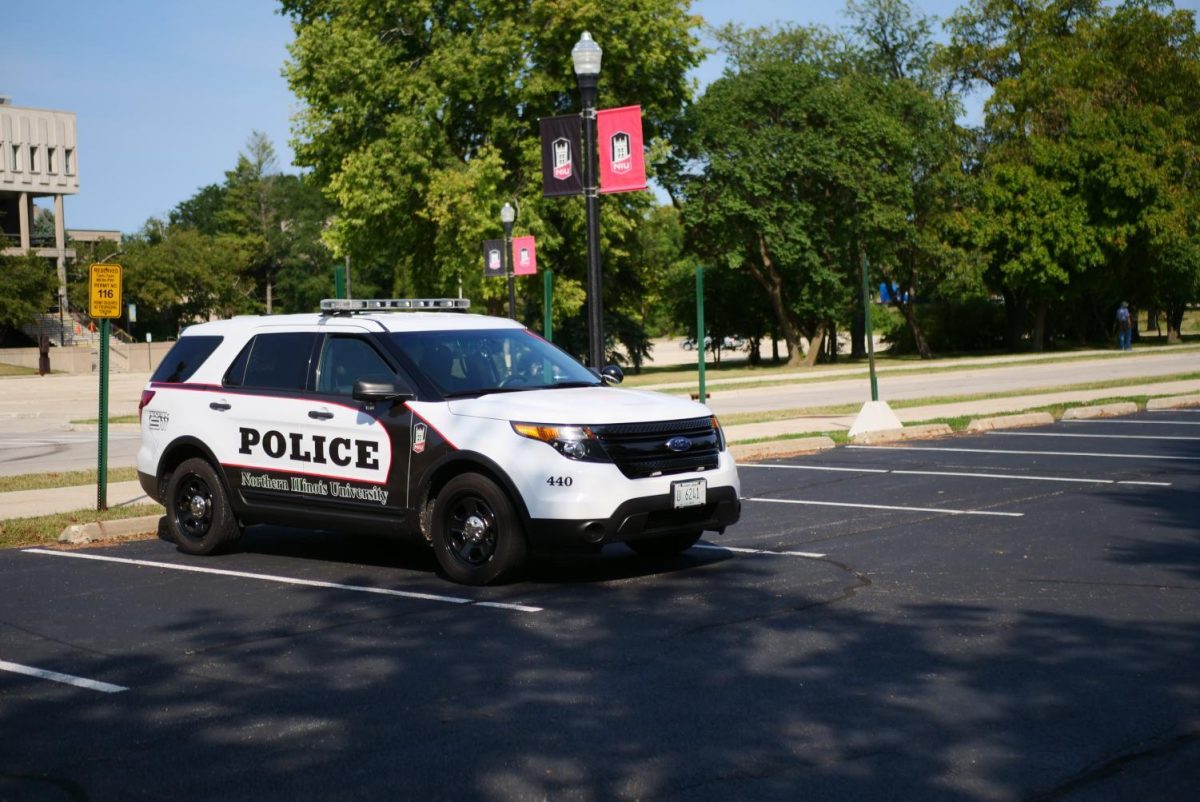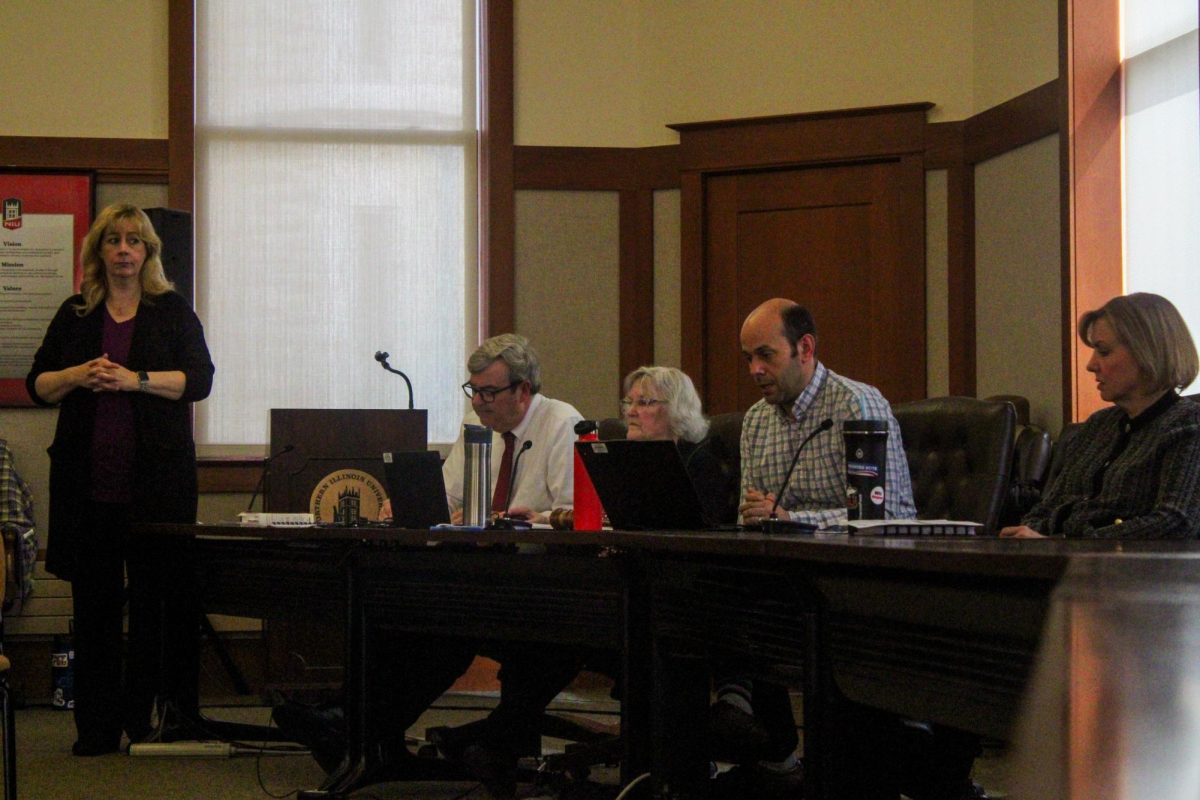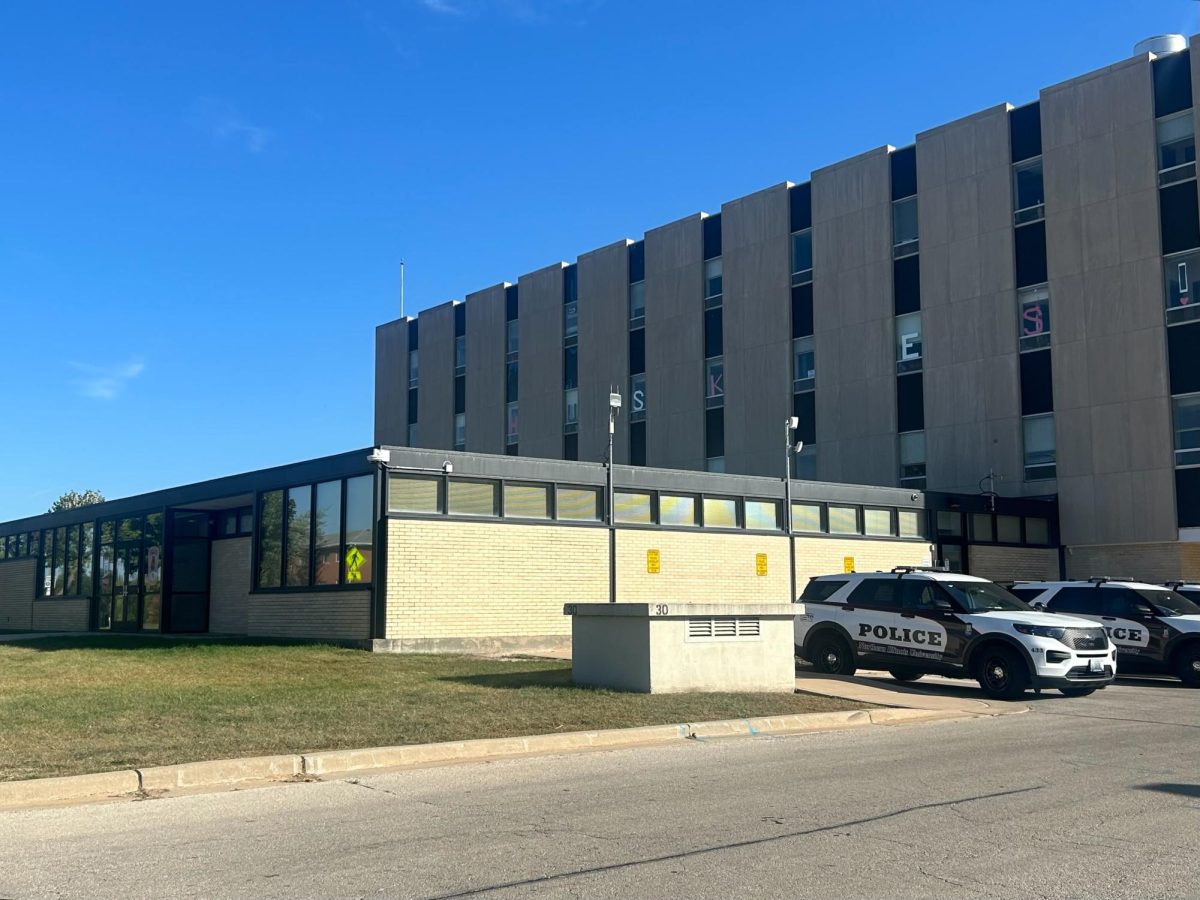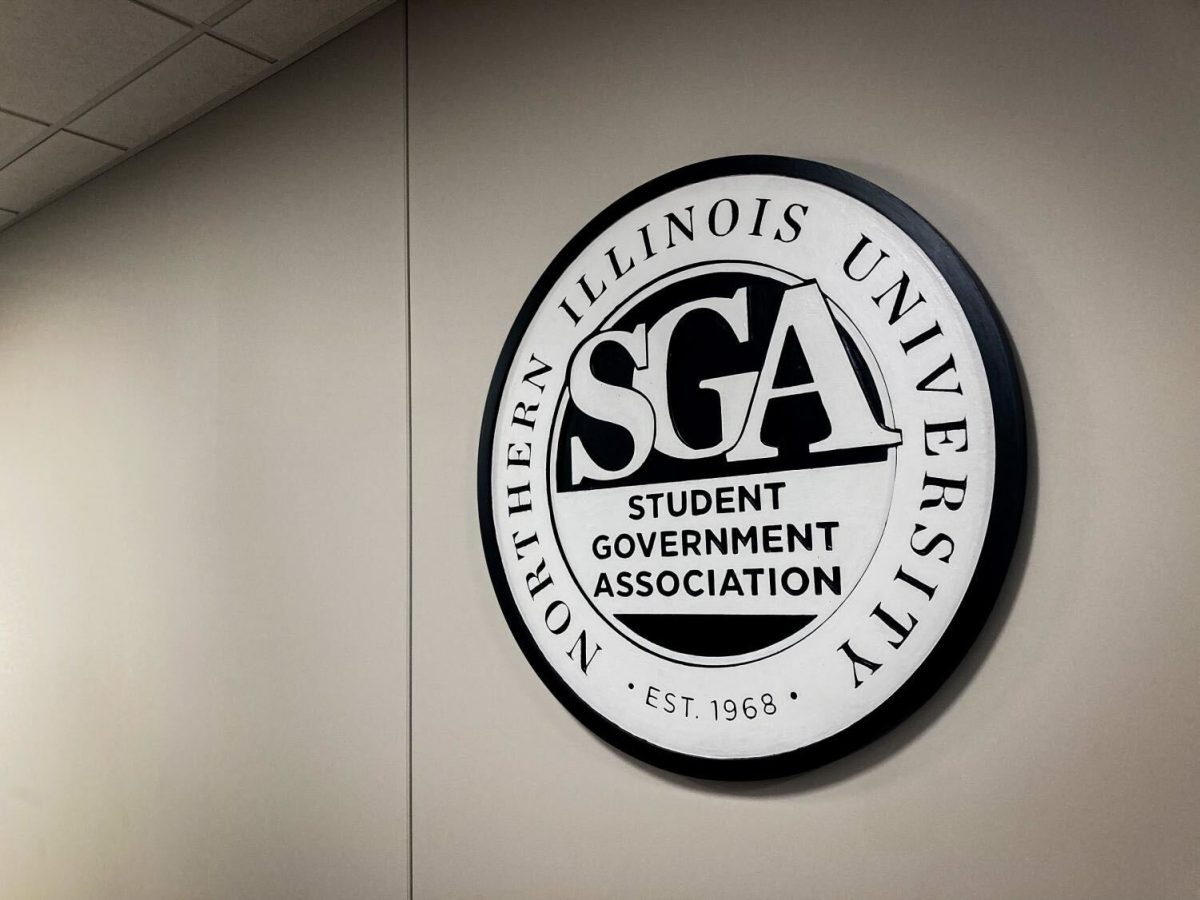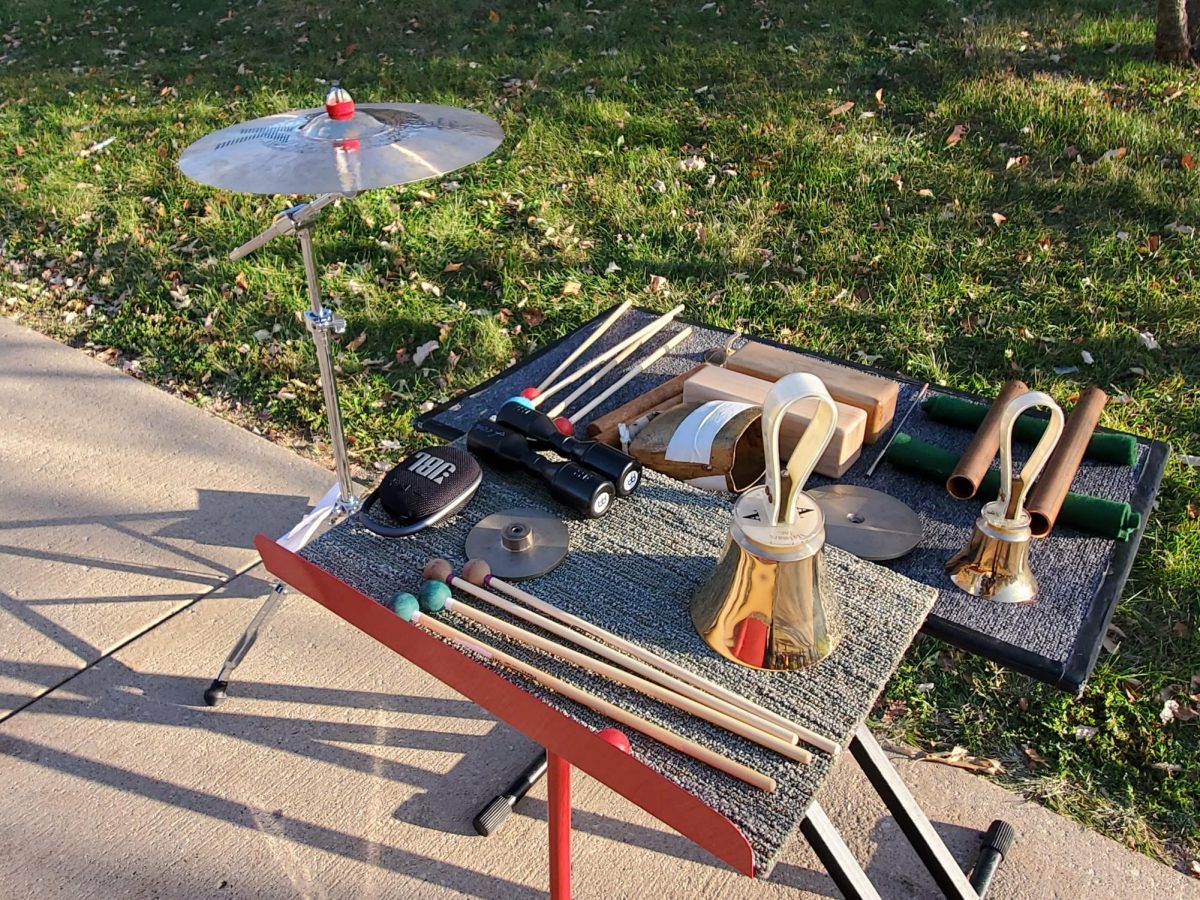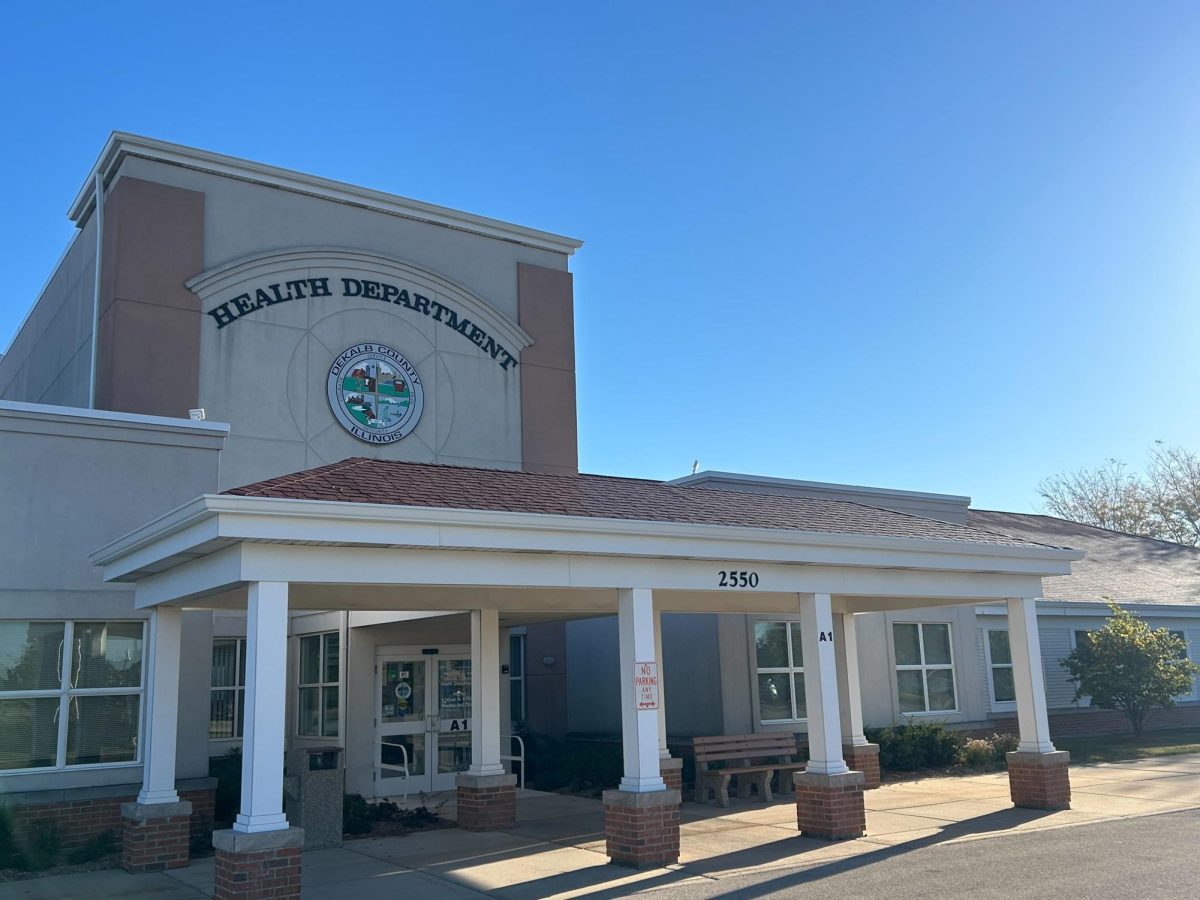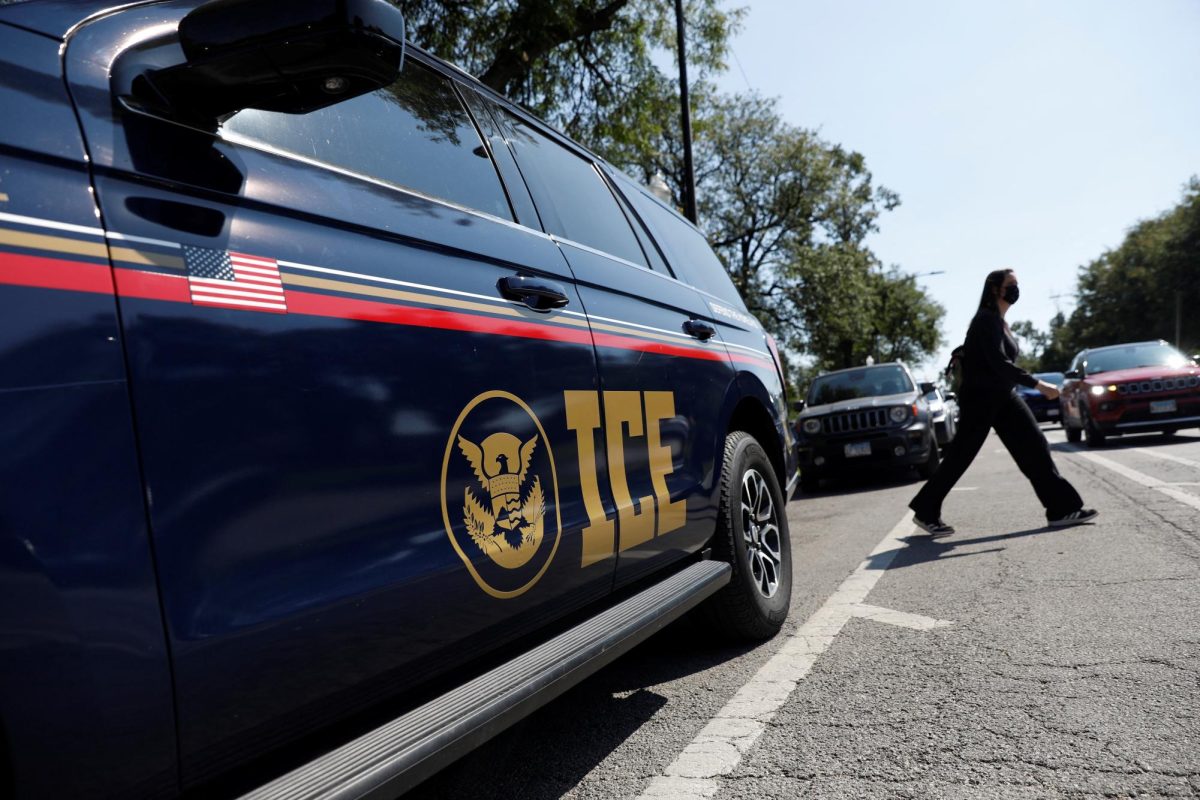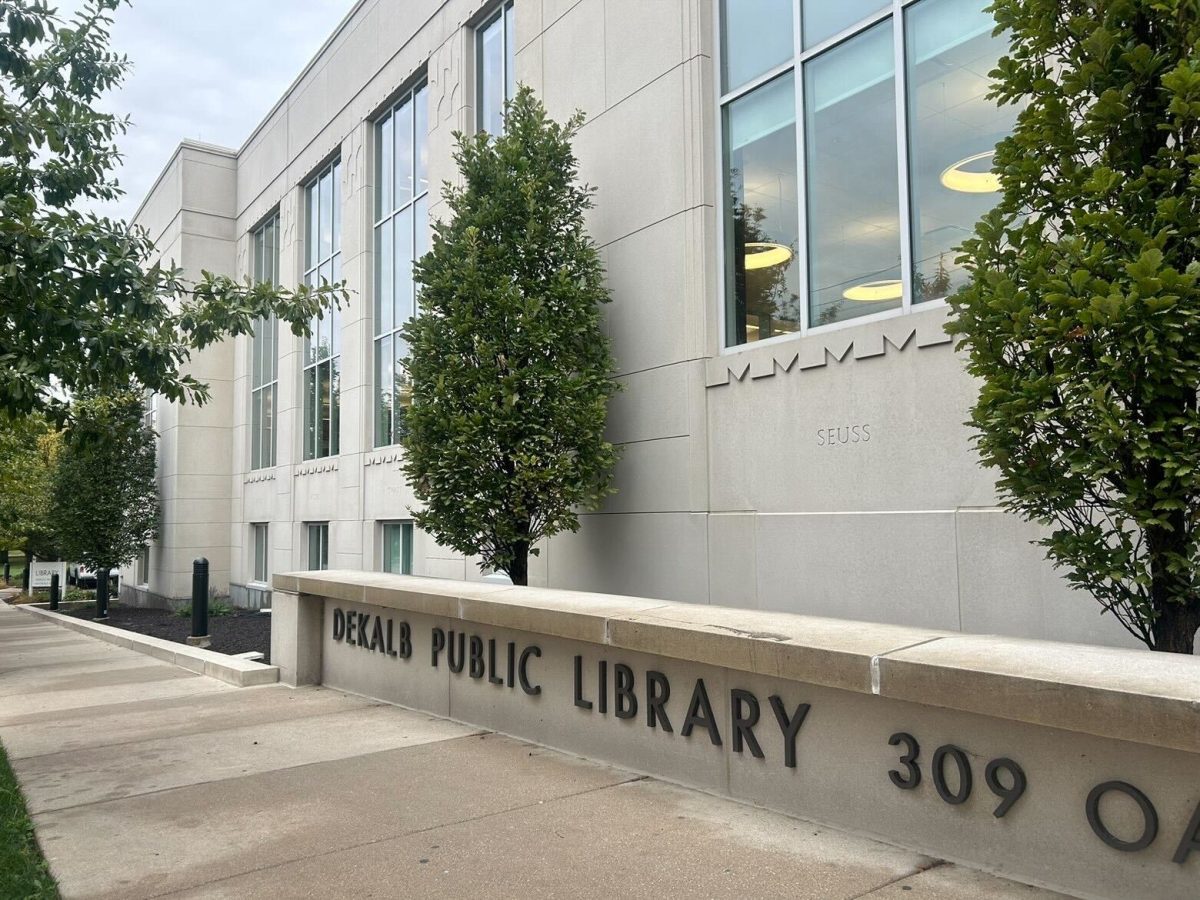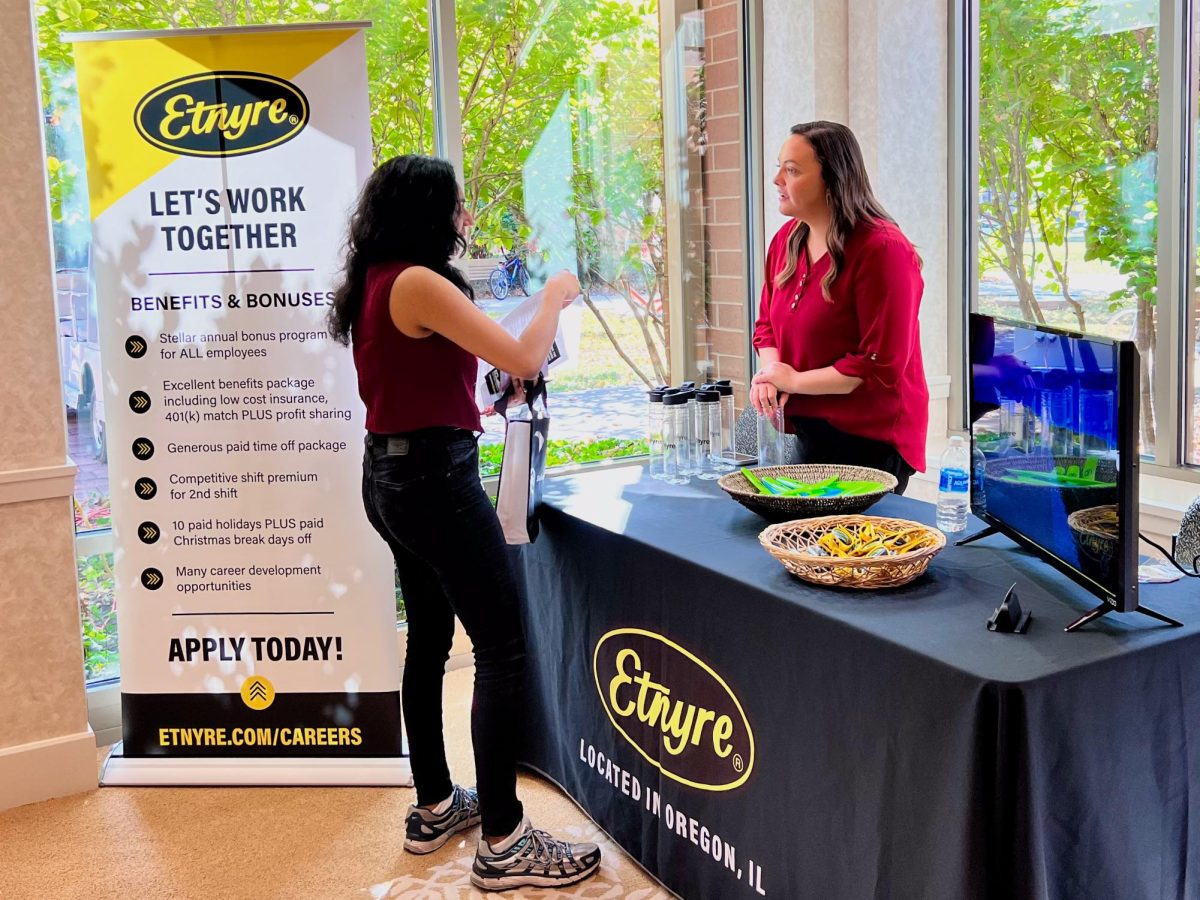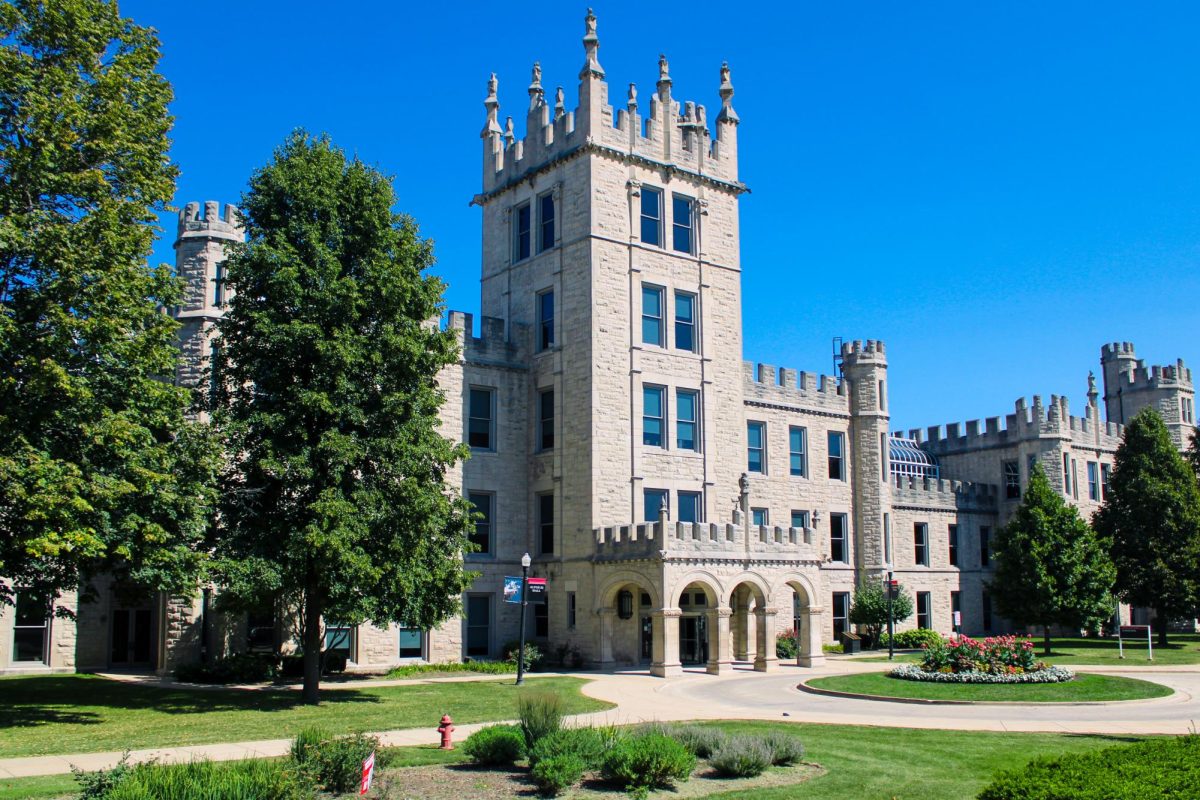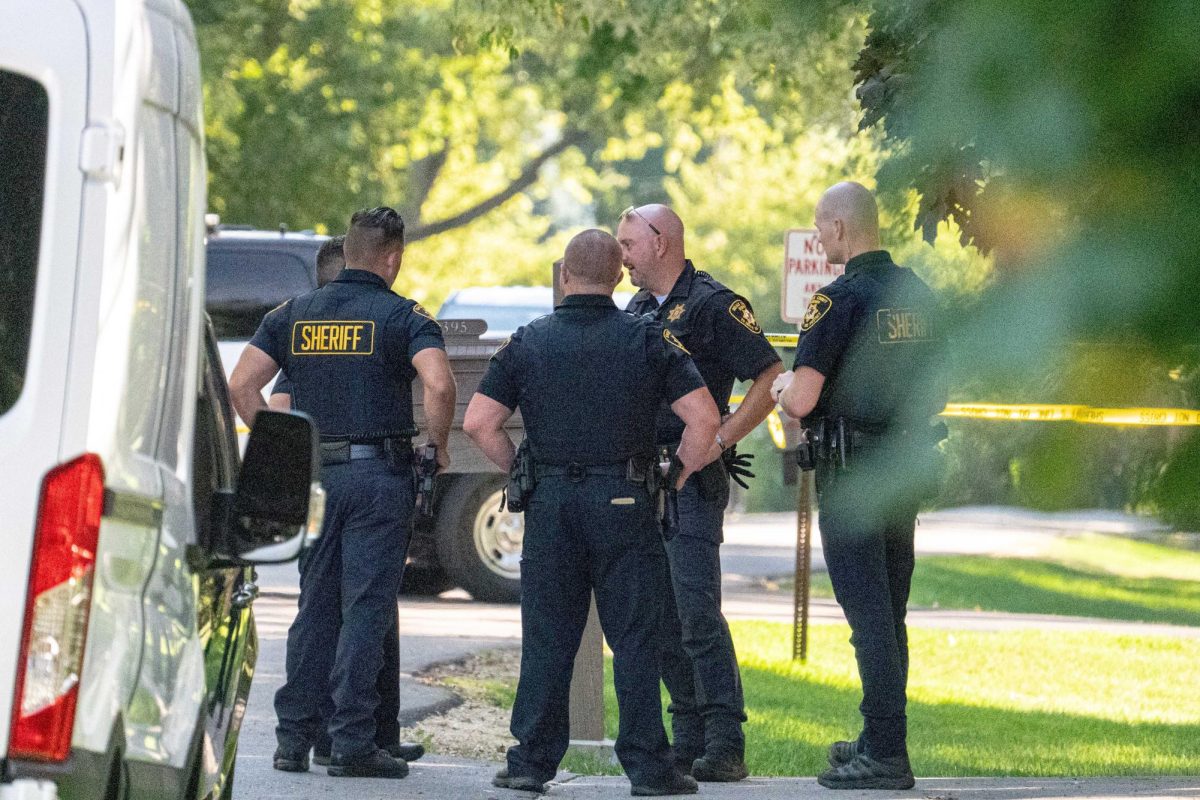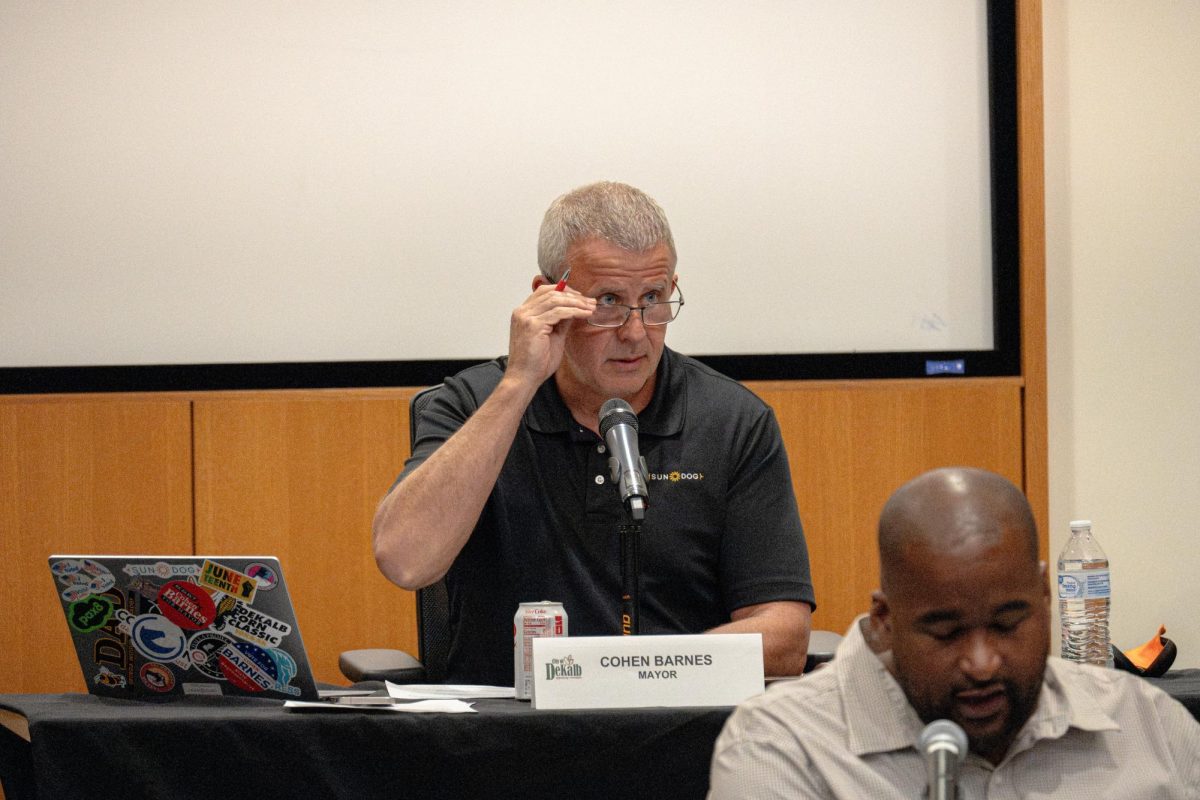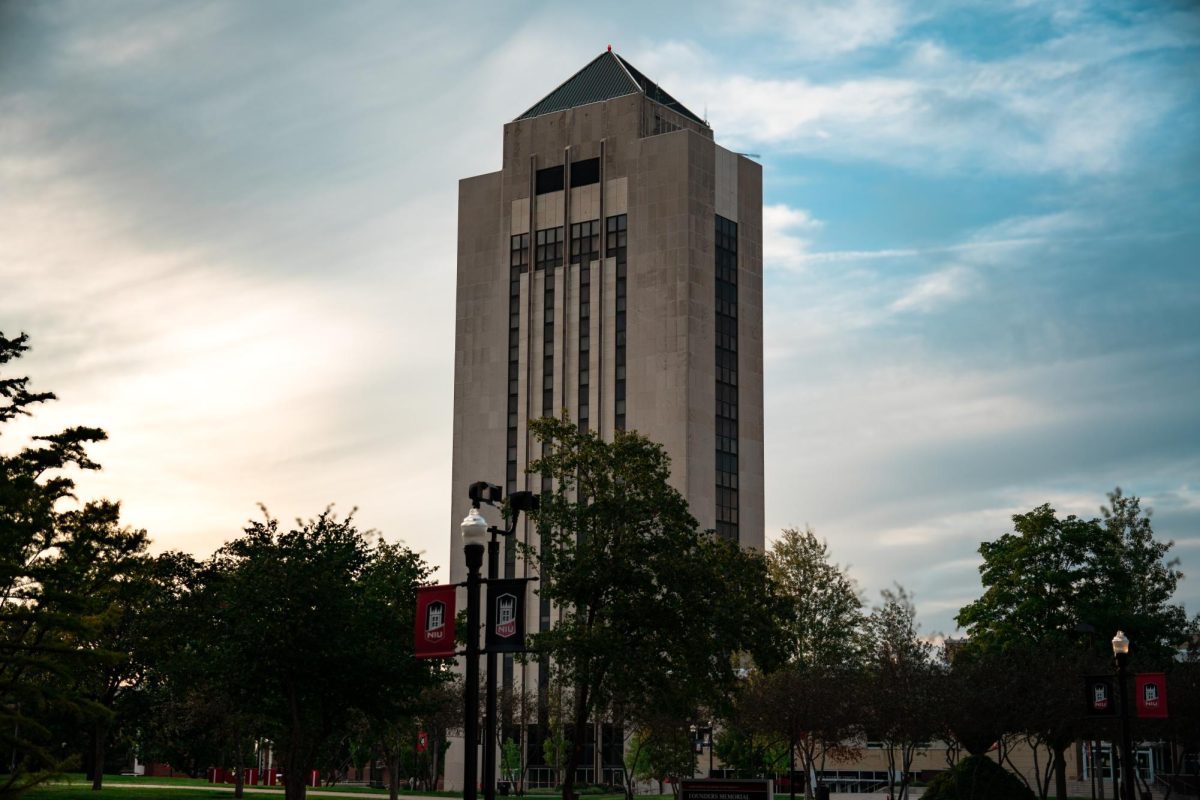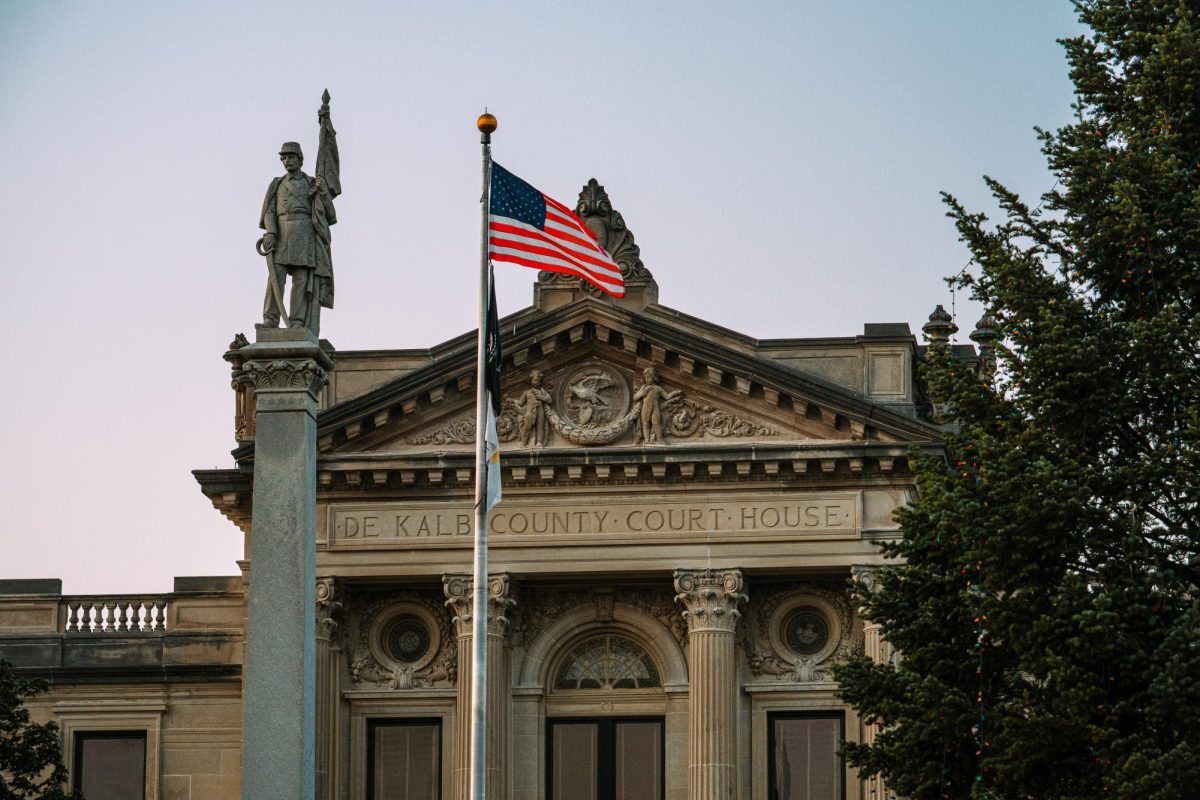DeKALB – “Let them know we deserve more than a Land Acknowledgement,” was the tagline on posters circulating around campus for a petition to establish an Indigenous Resource Center at NIU.
Members of NIU’s sole Indigenous student group, First Nations Native Alliance, asked the community to sign their petition to create an official meeting space for the organization and a resource center for Indigenous peoples on campus.
The organization has advocated for a resource center since 2022.
“For me, it’s just like meeting the needs and, like, making sure that people are taken care of and that we are providing a space for people to really feel safe and welcome and, like, be able to, like, embrace their cultural identity,” said Rowan Carter, a graduate student and club historian.
Fernando Marroquin, an international graduate student from Guatemala, said the group was his first safe space when he arrived at NIU.
“This idea of having something that represents you, like, if you see yourself represented in other people in associations and clubs, you feel safe, you feel welcome and you don’t feel like you don’t feel like you are, like, from the outside,” Marroquin said.
The petition will officially recognize the student and faculty Indigenous population at NIU and create an official meeting space for the club. The group currently holds its meetings in a multi-purpose room in the Peter Campus Life Building.
Carter said the petition sheds light on the lack of resources available for Indigenous peoples on campus.
“We have resource centers for Black students, Latino students, undocumented students, queer students and there are no support services on campus for Indigenous students,” Carter said.
According to NIU’s undergraduate enrollment numbers from fall 2023, NIU’s undergraduate American Indian population combined with its Alaska Native population was below 1%, within the 15,504 fall undergraduate students.
Carter said this comes as a surprise with the university’s proximity to Chicago, home of the third largest urban Native American population in the country, according to the National Urban Indian Family Coalition.
The lack of Indigenous representation also contrasts to the university’s geographical background which rests on the traditional homelands of several Indigenous tribes.
In 2020, NIU published a Land Acknowledgement that recognized the land was claimed through ethnic cleansing and the forced relocation of those tribes and sought to make reparations through proactive connections with Indigenous faculty, students and local community.
Lilah Fosmore, an anthropology and environmental studies double major who recently joined the club, said members see the statement as NIU’s only acknowledgement of its Indigenous population.
Fosmore said students intend to hold NIU to its word where it commits itself to building “respectful and authentic relationships with Native students, faculty, staff and local and relocated Native communities.”
“It’s not just words,” Fosmore said. “We want action as well as acknowledgment.”
The petition is currently at 809 signatures with the group aiming to reach 1,000 signatures before they present their efforts to the university.
Carter said with a center, the group would work on networking with the local Indigenous tribes to host ally trainings and educational workshops. If the center was approved, the group is looking at a location in the basement of the Holmes Student Center.
In the meantime, the group is still working toward its signature goal and is looking for the community to support them when they present the signatures to the SGA on March 1 and the Board of Trustees on March 21.
Community members can sign the petition until Feb. 29 here.


